Li Hejun, the founder of China’s solar energy giant Hanergy Thin Film Power Group, was taken away by police in China’s northeastern Liaoning Province on Dec. 17, according to Caixin, a major Chinese financial news portal.
Li was detained by police to “assist investigators” and hadn’t been seen as of the time of reporting, Caixin reported on Jan. 11. Caixin says that the reason for Li’s detention is still unknown.
Li’s arrest could be related to a loan granted by Jinzhou Bank, a city commercial bank in Liaoning Province, to Hanergy Group, according to Securities Times, a Chinese state-run financial portal.
The balance of the loan was 9.461 billion yuan (about $1.396 billion), with a net credit risk exposure of 2.77 billion yuan (roughly $408.8 million), as of 2015, as disclosed in the prospectus of Jinzhou Bank, which sought a public listing on the Hong Kong Stock Exchange in 2015.
A former employee of Hanergy claimed that Li and the company still owe him and some other 190 employees approximately 3 million yuan ($443,000) in wages and reimbursements. The employee told the Chinese language edition of The Epoch Times on Jan. 11 that Li and his family were arrested by Jinzhou police at Jinzhou Airport. The employee wanted to stay anonymous for safety reasons.
The Epoch Times’ multiple calls to the Jinzhou police bureau on Jan. 11 were not answered.
The Epoch Times wasn’t able to verify the authenticity of the claim.
Rise to Wealth
Li was the richest man in China for the first half of 2015 with an estimated $26 billion in assets, according to Rupert Hoogewerf, founder of the Hurun Report, the leading wealth research firm in China.According to the official website of Hanergy, Li was born in 1967 in Heyuan, a small city in China’s southern Guangdong Province, and started his business empire with 50,000 yuan ($7,380) borrowed from his teacher in 1989.
Reports by multiple Chinese media portals say that Li earned his first pot of gold investing in hydropower stations, including Jin'anqiao Hydropower Station on Jinsha River located in China’s southwestern Yunnan Province—the largest hydropower station backed by private enterprise in China. The hydropower station became Li’s cash cow after it became operational, on top of several other smaller stations in various parts of China.
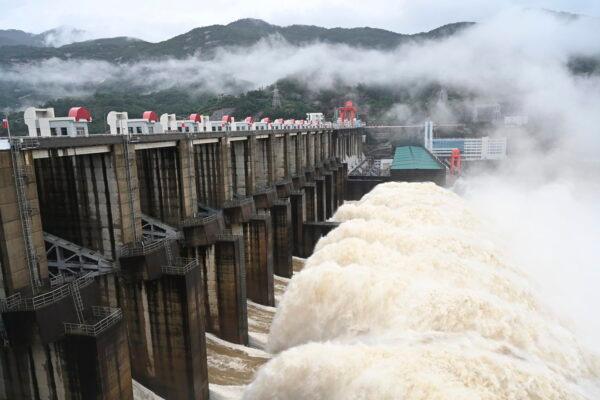
With strong cash flow, Li expanded into the solar energy market in 2009 and grew quickly—perhaps too quickly. He later had to seek various channels of capital for his growth, such as a $1.396 billion bank loan in the name of “the beneficial interest transfer plans” issued by Jinzhou Bank.
In 2012, Li acquired thin-film solar company Solibro from QCells of Germany and the U.S.-based Miasole, and in 2013, Li acquired Global Solar Energy, Inc., a leading copper indium gallium diselenide (CIGS) solar company based in Tucson, Arizona. In 2014, Li acquired Alta Devices Inc., a California-based thin-film solar cell manufacturer.
Spectacular Fall
Li met his Waterloo in Hong Kong.The Hong Kong Securities and Futures Commission (SFC) began to probe Hanergy Thin Film Power Group, a Hong Kong-listed subsidiary of Hanergy Group Holdings, over market manipulation in 2015. Hanergy’s shares plunged nearly 50 percent on May 20, 2015, after which the company suspended trading. Li lost $19 billion in market value in one day due to the share price drop.
Four years later, in 2019, Hanergy was delisted from Hong Kong Stock Exchange.
Li was disqualified in 2017 from management of any corporation in Hong Kong for eight years by a Hong Kong court over an undisclosed loan by a subsidiary to Hanergy Holding, the unlisted parent company in China, which was “a clear conflict of interests situation,” reported London-based Financial Times.
Since 2019, Hanergy has been reportedly involved in wage arrears and loan defaults, including with Jinzhou Bank.
Li’s experience is similar to that of Xu Jiayin, the founder of China’s real estate giant Evergrande, who had a humble start and rapid expansion thanks to the support of local governments, followed by capital chain rupture and a collapse of their business empire.
More than 80 domestically-listed Chinese companies were probed by China’s stock watchdog in 2022 over breaches of information disclosure, short-term trading, insider trading, and market manipulation, among others, according to China Economy, a state-run economics website.
There has been no official accusation made against Li by Jinzhou police as of the time of publication.
The Epoch Times reached out to Hanergy for comment via email on Jan. 11, but the emails to Hanergy were rejected.
Li Jing, Gu Xiaohua, and Reuters contributed to this report.
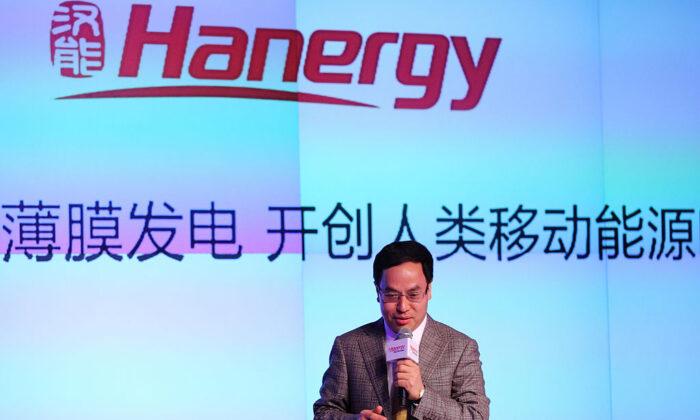

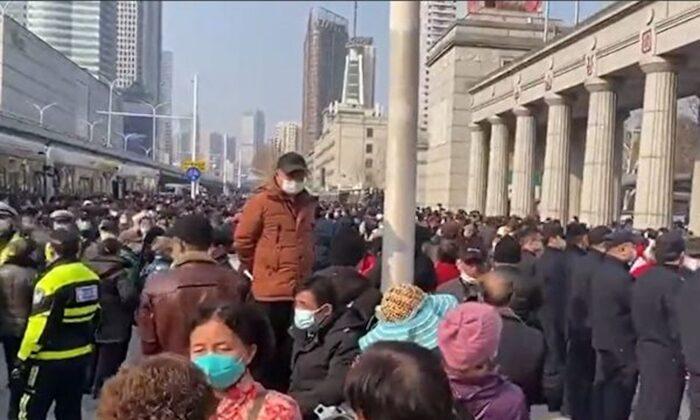

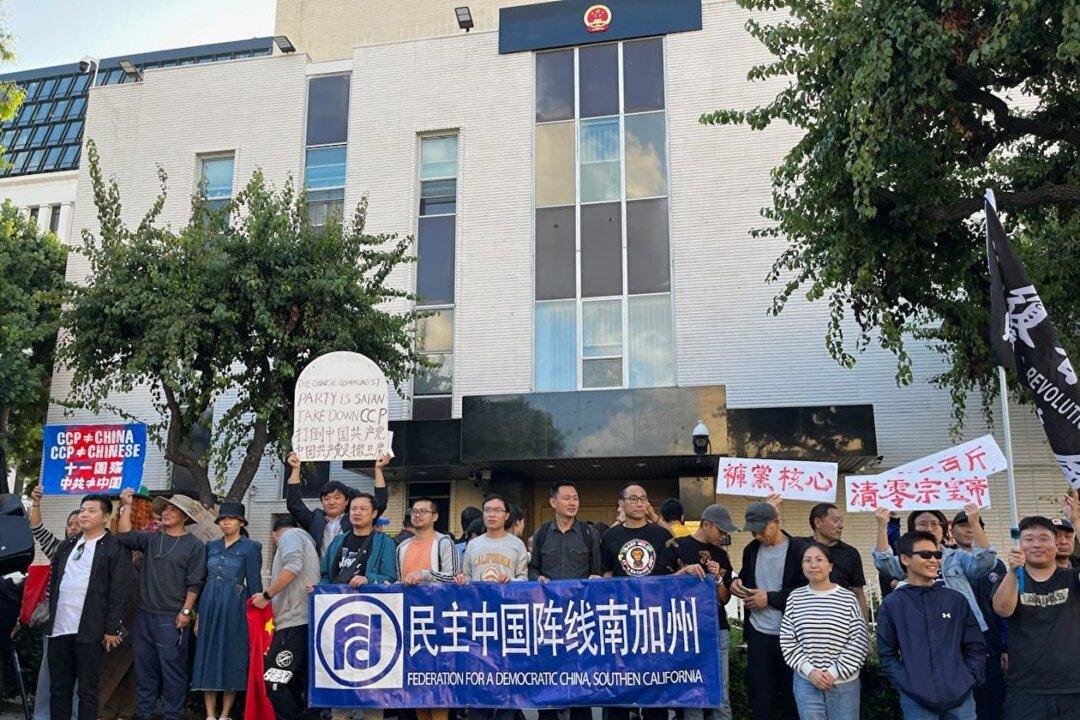
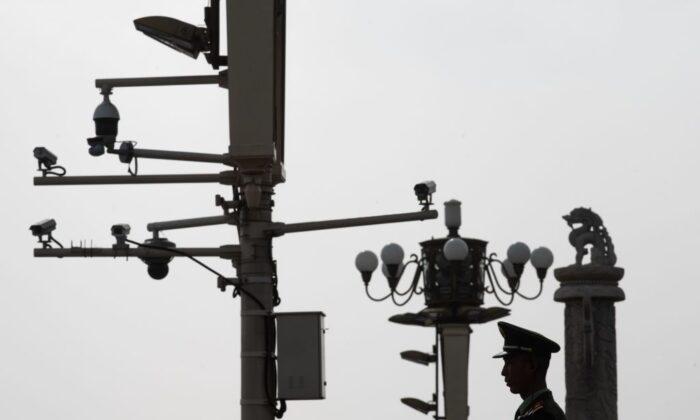
Friends Read Free